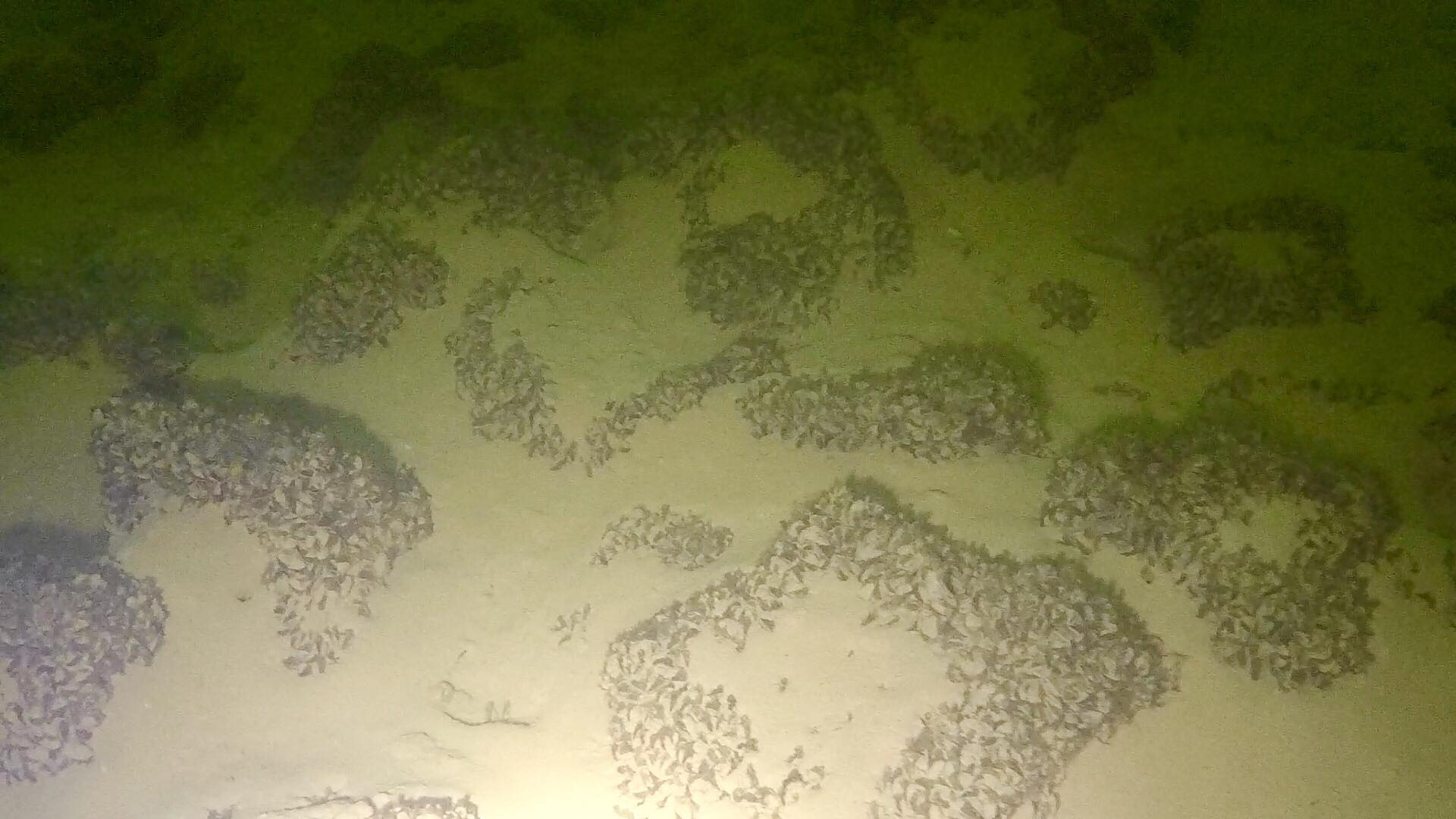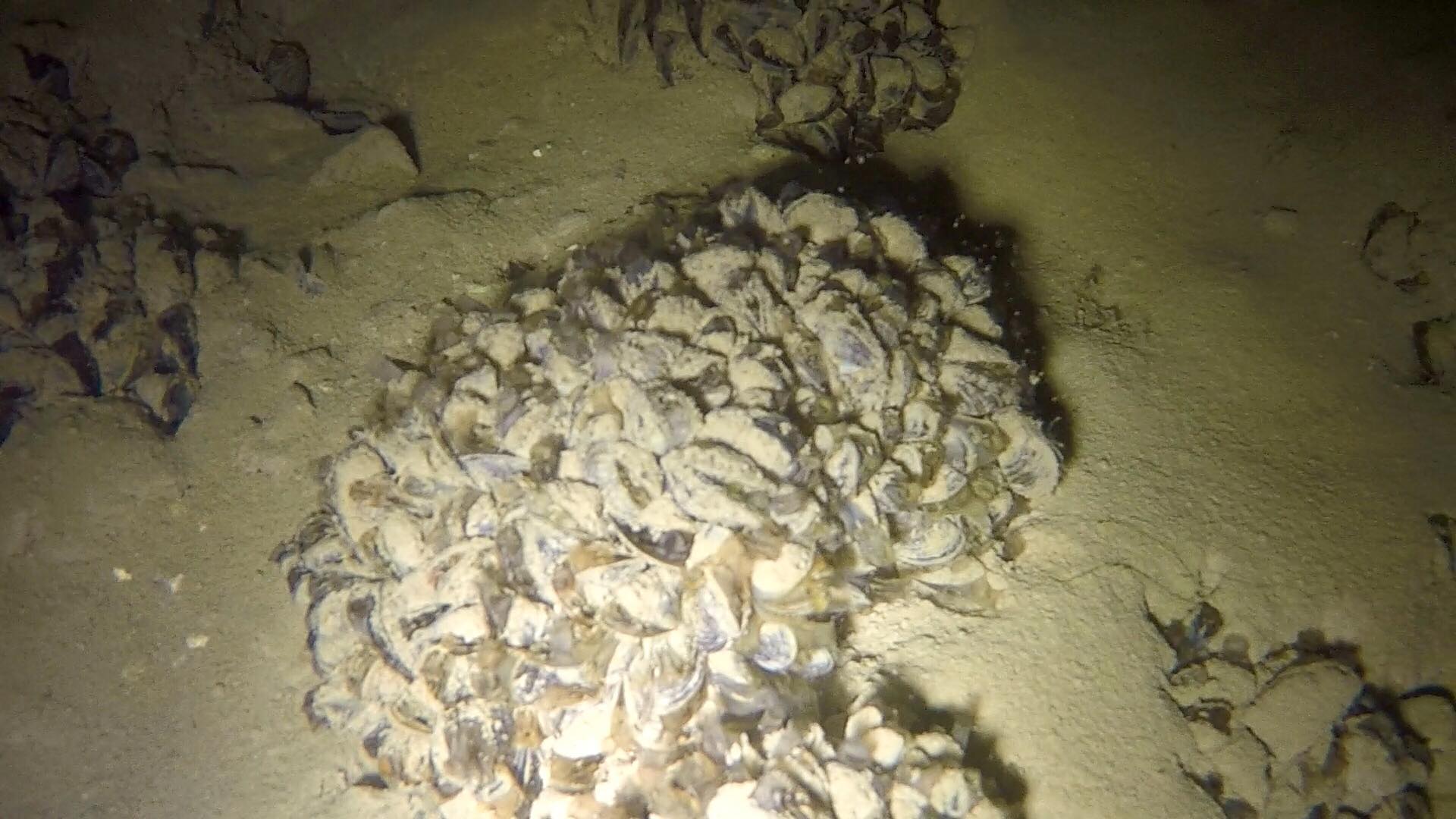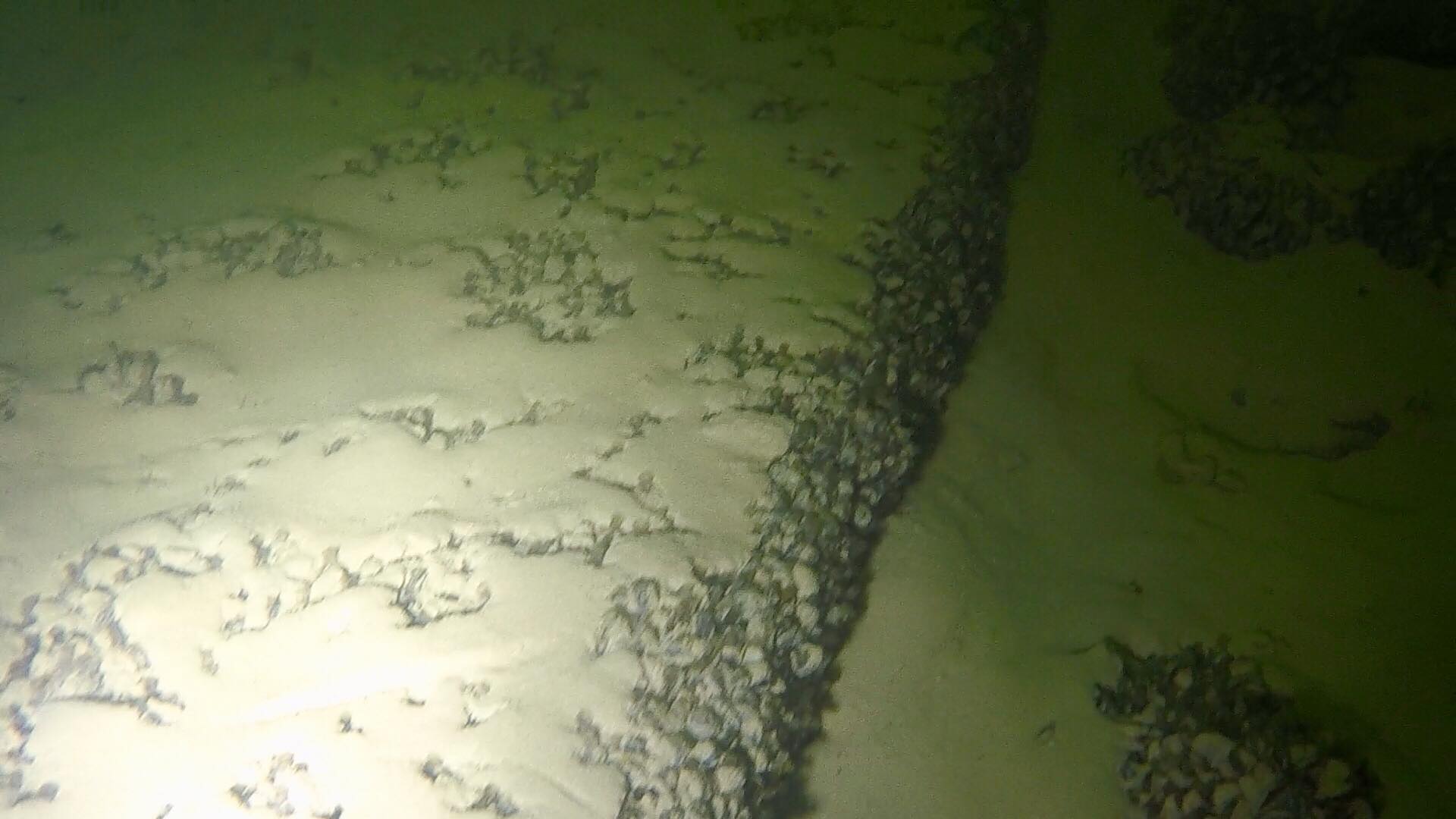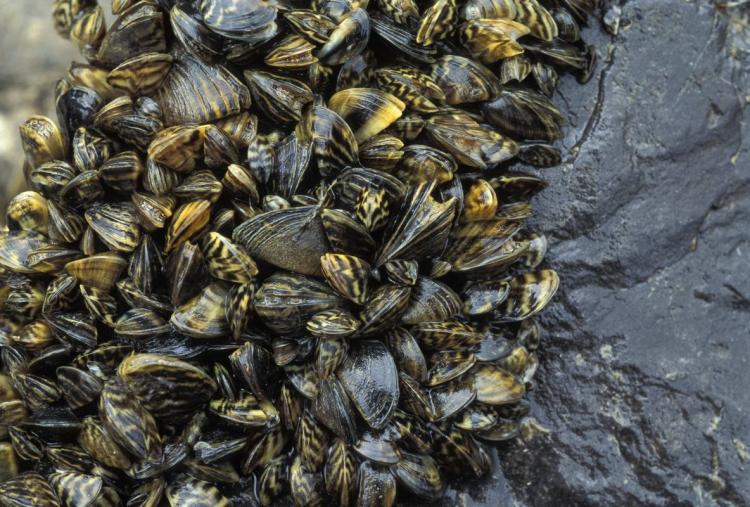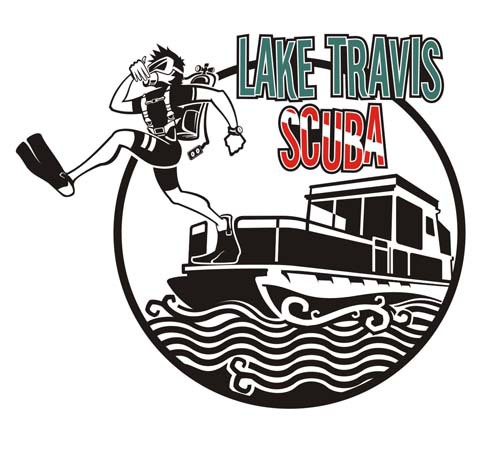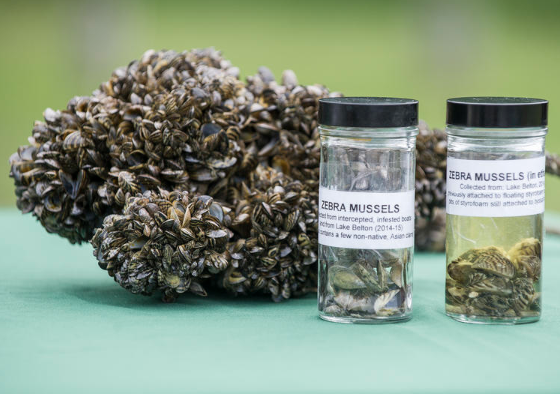Lake Travis Scuba
Zebra Mussels Encounter
The small, destructive invasive Zebra mussels are now found in the Colorado River system, spreading across Texas by hitching a ride on boats and trailers. They grow to only about 1 ½ inches and develop a distinctive zebra-striped shell. One zebra mussel can produce up to one million microscopic larvae. Zebra mussels can cause tremendous environmental and economic damage – hurting aquatic life, damaging your boat, hindering water recreation and even threatening your water supply.
Are Zebra Mussels Dangerous?
Zebra mussels are filter feeders. When in the water, they open their shells to expel waste. As their shells are very sharp, they are known for cutting people’s hands, arms, and legs when touched, resulting in the need to wear environmental protection such as gloves and wetsuits. Zebra mussels are small with very sharp edges on the shell capable of causing deep skin cuts and damage to wet suit fabric.
What Can I Do To Protect Myself?
You can protect yourself by wearing gloves and other environmental protection including wet suits and boots when scuba diving wherever zebra mussels are prevalent. Maintain neutral buoyancy to prevent touching the bottom and coming in contact with zebra mussels causing cuts to you and your equipment. Inexpensive latex gripper knit gloves, such as those pictured, are available at your nearest hardware store.
Zebra Mussels Hide In Your Scuba Equipment!
You can’t always see zebra mussels because their larvae are invisible to the naked eye. They can survive for days in water trapped in your scuba equipment such as your BCD bladder. The only way to be sure you’re not carrying zebra mussels to another body of water is to always clean, drain and dry your scuba gear.
How Can I Clean My Scuba Equipment?
- Visually inspect all equipment for plant, animal, or foreign material of any kind.
- Remember to check pockets, folds, and tread of shoes and booties.
- Create a solution of 20% vinegar and 80% water in a sizable container.
- Submerge gear in vinegar solution for 20 minutes. Use a weight belt to hold down buoyant gear. Be sure to get solution inside your BCD by opening dump valves while submerged in the solution.
- After soaking your gear for 20 minutes, remove gear from solution and rinse
- Thoroughly with fresh water.
- Hang gear and allow it to fully air dry.
What Are Zebra Mussels?
The zebra mussel is a small freshwater mussel. This species was originally native to the lakes of southern Russia and Ukraine. However, the zebra mussel has been accidentally introduced to numerous other areas, and has become an invasive species in many countries worldwide.
